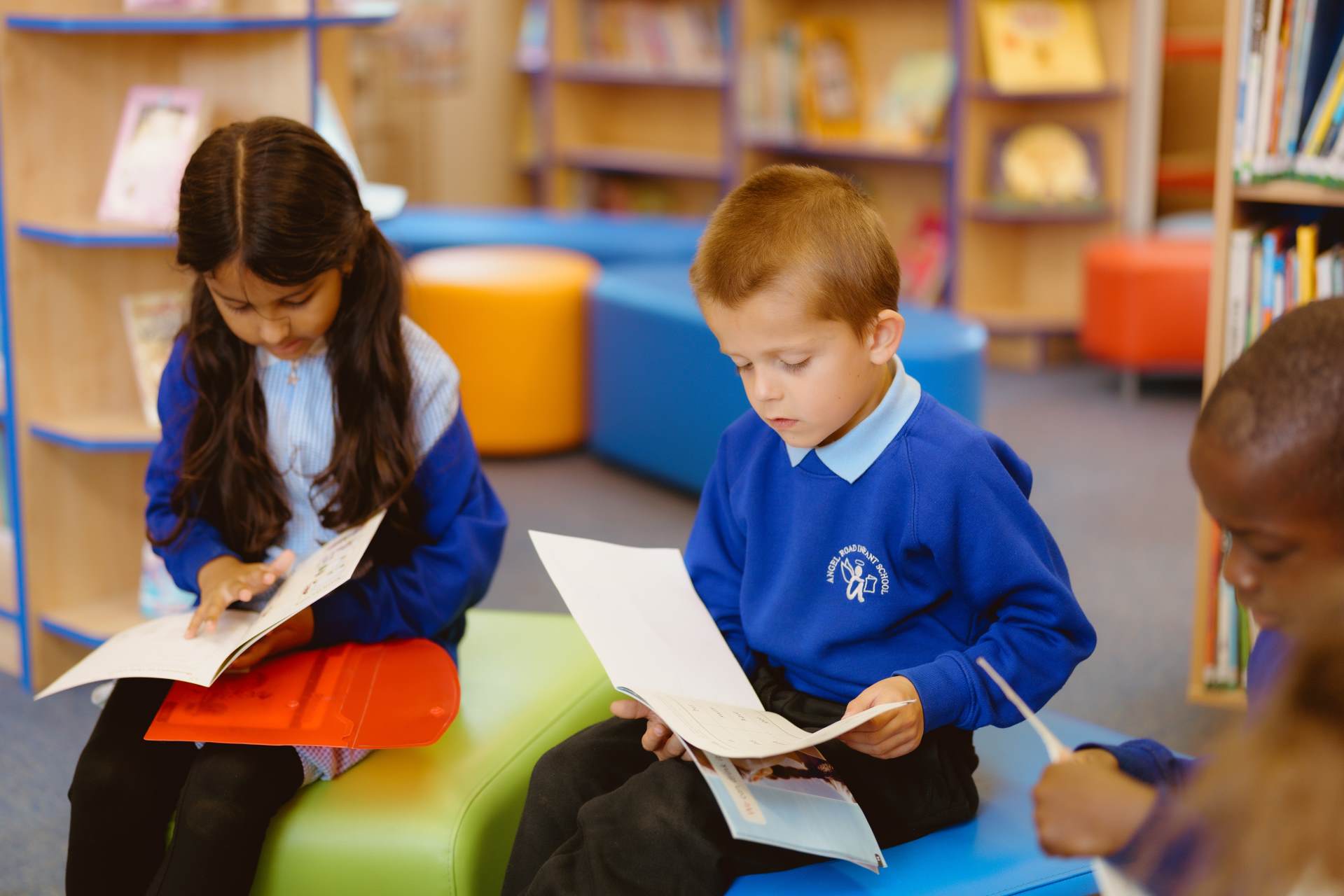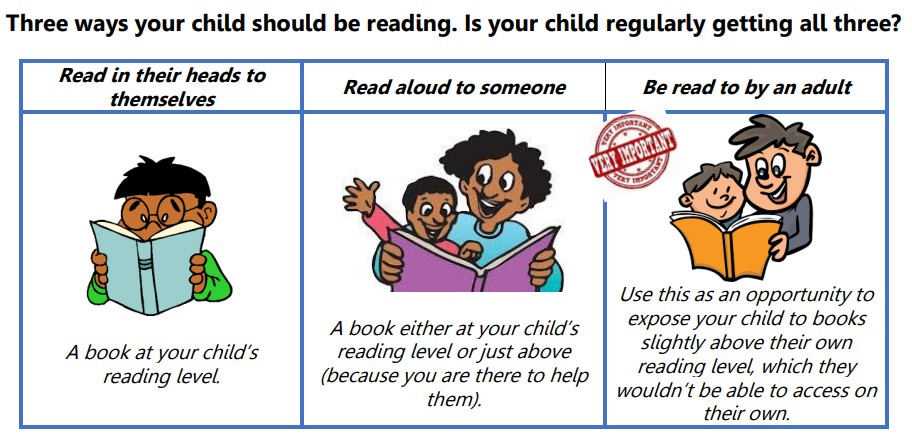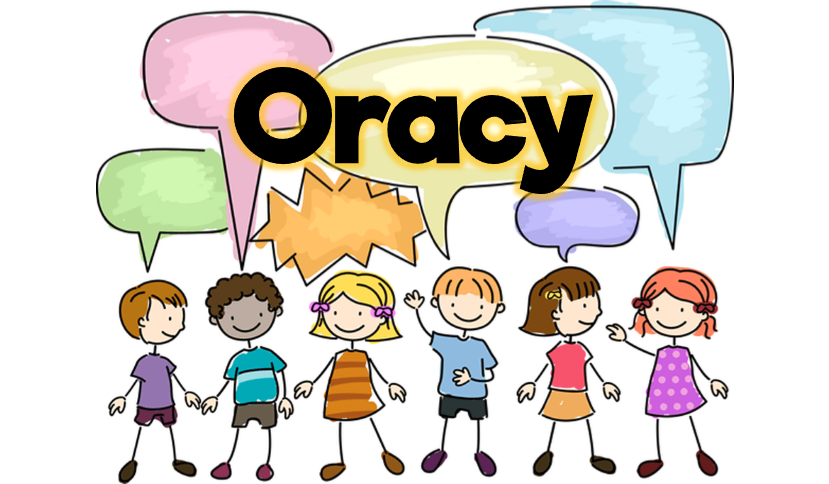Supporting Your Child at Home

We value the support that families give their children at home. You can find a copy of our Home Learning tasks here.
Reading
Research shows that the most valuable thing families can do at home is read. We ask that children read 5 times a week, to an adult, and record this in their reading diary.

We have a well-stocked library and children have the opportunity to change their books regularly. If your child is learning phonics, they will have a book which matches the sounds they are learning.
You can find more information about how to support your child at home on our Phonics and Reading page.
You can find some excellent book recommendations here:
BookTrust: Getting Children Reading
BookTrust: 100 best books for children
Oxford Owl provide free E-Books which can be found here:
Free eBook library | Oxford Owl from Oxford University Press
We encourage all types of reading. This website provides child-friendly news stories which can be read together at home:
Child friendly news | The Guardian Foundation

Norfolk Libraries provide a wealth of resources, events and books. Membership is free and there are no late charges for children's books. Our nearest libraries are The Forum, Norwich and Mile Cross Library.
Join the library - Norfolk County Council
Maths
Learning basic number facts and times tables are a very important way for children to build their confidence in maths and it will help your child to understand more challenging maths concepts.
We provide access to two super resources which can be used at home. We would suggest around five minutes a day, which can make a huge difference.
Children in Key Stage 1 can access Numbots, a programme designed to help your child learn their number facts.
Children in Key Stage 2 have access to Times Tables Rockstars, a fun way for children to learn their times tables.
Get Talking!

Another great way to support your child at home is by talking to them! Every conversation helps a child to develop their vocabulary and their understanding of the world around them. We call this 'oracy'.
Here are some ideas to help:
- Ask your child ‘What was the best part of your day?’ rather than ‘What did you do today?’. This will encourage your child to talk more widely about their experiences.
- Discuss a TV programme- ask what they liked about it or what might happen next.
- Listen to the radio or a podcast together. CBeebies Radio has some great resources for this.
- Correct your child's spoken English: If your child says 'I'm gonna go to the shop', repeat back to them 'I am going to the shop.'
- Ask your child 'Why?'. It is a powerful word to use with children and helps to develop their sentences and thought processes.
- Play a game together and discuss the rules- this can be as simple as playing different board fames and getting your child to explain the rules.
Your child's class teacher will be able to support your with more ideas.

